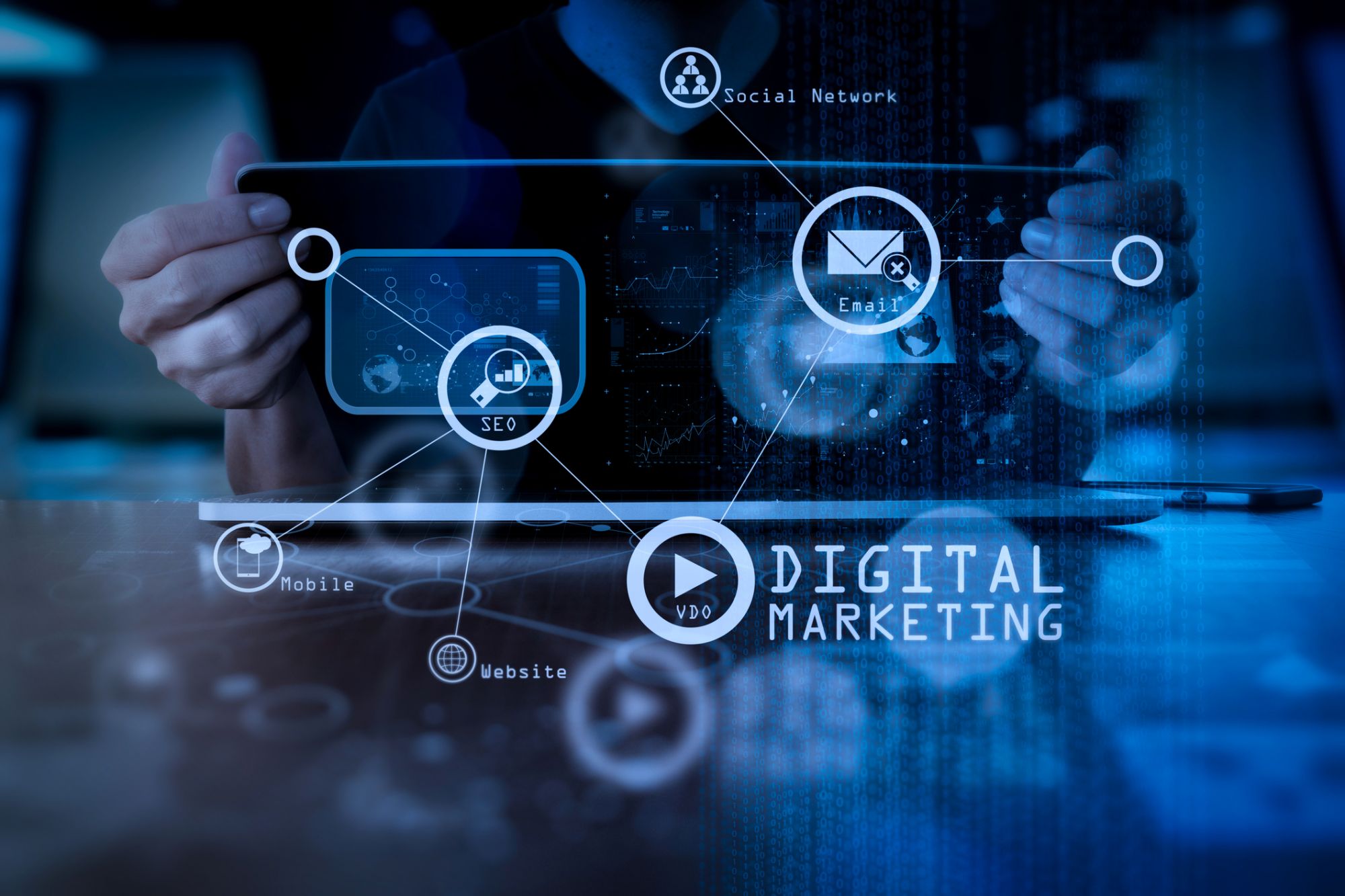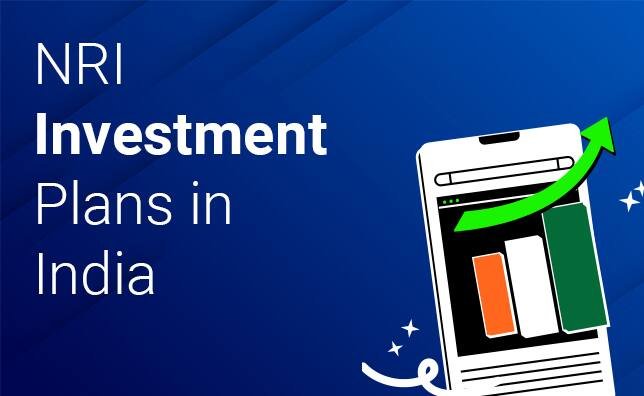In today’s fast-paced and interconnected world, traditional marketing strategies are no longer sufficient to meet the demands of modern consumers. The advent of the internet and the rapid rise of digital technologies have revolutionized the way businesses interact with their audience. Enter digital marketing – a dynamic and ever-evolving field that has become the cornerstone of success for businesses of all sizes.
Understanding Digital Marketing:
Digital marketing refers to the use of digital channels, platforms, and technologies to promote products, services, and brands. Unlike traditional marketing methods, digital marketing leverages the internet and online platforms to reach a global audience. It encompasses various strategies, such as search engine optimization (SEO), content marketing, social media marketing, email marketing, pay-per-click (PPC) advertising, and more.
The Impact of Digital Marketing:
The rise of digital marketing has transformed the way consumers and businesses interact, and its impact can be seen across various aspects of modern life:
- Enhanced Reach: Digital marketing allows businesses to transcend geographical boundaries and target audiences far beyond their physical location. Through social media, websites, and search engines, businesses can connect with potential customers worldwide, enabling a global reach like never before.
- Personalization: Digital marketing enables a higher degree of personalization. By analyzing customer data and behaviors, businesses can tailor their marketing efforts to individual preferences and needs, leading to a more engaging and relevant customer experience.
- Cost-Effectiveness: Compared to traditional advertising methods, digital marketing often proves more cost-effective. With platforms like social media and email marketing, businesses can reach a larger audience at a fraction of the cost of traditional advertising channels.
- Real-Time Analytics: One of the most significant advantages of digital marketing is the ability to track and analyze campaign performance in real-time. Businesses can access detailed data and metrics, allowing them to make data-driven decisions and optimize their marketing efforts for better results.
- Improved Customer Interaction: Digital marketing fosters two-way communication between businesses and customers. Social media, for instance, offers a platform for direct engagement and feedback, strengthening the relationship between brands and their audience.
- Level Playing Field for Small Businesses: In the digital realm, small businesses can compete with larger enterprises on a more level playing field. A well-executed digital marketing strategy can help smaller players gain visibility and grow their market share.

Key Components of Digital Marketing:
- Search Engine Optimization (SEO): SEO involves optimizing a website to rank higher in search engine results pages. By targeting relevant keywords and creating valuable content, businesses can attract organic traffic and improve their online visibility.
- Content Marketing: Content marketing focuses on creating and distributing valuable, relevant, and consistent content to attract and retain a target audience. This can include blog posts, infographics, videos, and more.
- Social Media Marketing: Social media platforms provide an excellent opportunity for businesses to engage with their audience, build a community, and promote their products or services.
- Email Marketing: Email remains a powerful tool for nurturing customer relationships, delivering personalized messages, and driving conversions.
- Pay-Per-Click (PPC) Advertising: PPC allows businesses to display ads on various platforms and pay only when users click on the ad. This method can be highly effective for targeted advertising and lead generation.

Challenges and Future Trends:
While digital marketing offers numerous benefits, it also comes with its fair share of challenges. With the digital landscape constantly evolving, businesses need to stay updated on the latest trends and technologies. Data privacy and security concerns also demand attention, as consumers become more conscious of how their data is collected and used.
Looking to the future, some key trends to watch include:
- Artificial Intelligence (AI): AI is revolutionizing digital marketing by enabling more sophisticated data analysis, personalized content delivery, and enhanced customer experiences.
- Voice Search Optimization: As voice-activated devices become increasingly popular, businesses will need to optimize their content for voice searches, which often differ from traditional text-based queries.
- Video Marketing: Video content continues to dominate online platforms, and businesses must incorporate video marketing into their strategies to stay competitive.
- Augmented Reality (AR) and Virtual Reality (VR): AR and VR technologies hold the potential to transform the way businesses engage with their customers, offering immersive and interactive experiences.
Conclusion:
In a digitally-driven world, digital marketing is not just an option; it’s a necessity for businesses that seek to thrive and succeed. The power of digital marketing lies in its ability to connect businesses with their target audience, create meaningful relationships, and drive growth. By embracing the latest trends and technologies while keeping customer-centricity at its core, businesses can unlock the full potential of the online landscape and secure their place in the digital future.



